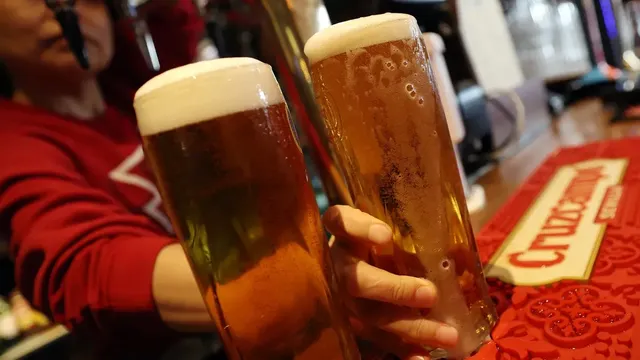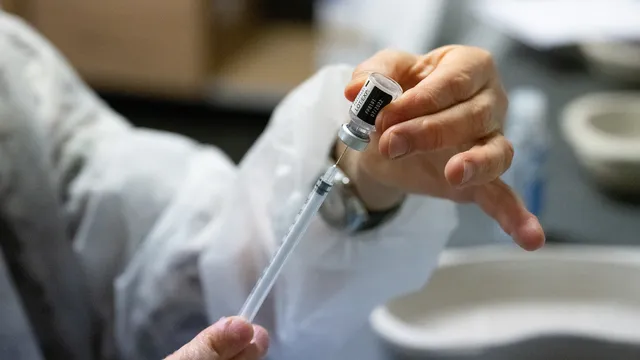Athletes holding a light beer after a competition is not an unusual sight. But could this small post-workout indulgence offer more than just a moment of relaxation? What is it about this beverage that may make it an unexpected ally to athletes?
When the sun is blazing and temperatures soar, what could be more refreshing than a nice, well-chilled beer? Light, crisp, and bubbly, it attracts many enthusiasts with its smoothness and subtle flavor. But what if, beyond its enjoyable taste, it also has real benefits for athletes? Indeed, light beer may play an important role in the recovery phase after intense exertion. At least that's what a study by Equipe suggests, revealing surprising findings about a beverage long thought to be reserved for leisure moments.
Contrary to expectations, this may not be such a bad idea — especially if it’s a light beer! Composed of 90% water, it also contains minerals (magnesium, calcium, potassium), B vitamins, polyphenols, and amino acids — all of which are beneficial for recovery. After intense physical activity, the body strives to restore its water balance by replenishing the fluids and nutrients lost through sweating. “Beer has positive effects due to its lower sugar content and higher amounts of magnesium, phosphorus, calcium, and vitamin B. If consumed in moderation, it is more valuable than any other energy supplement because it is more complete,” explains Luca Gatteschi, physician for the Italian national football team, in an interview with La Gazzetta dello Sport.
However, caution is advised — beer does not replace proper hydration. “You also need to rehydrate with water or a recovery drink beforehand,” reminds Anthony Berthou, a sports nutrition expert. In fact, beer should not be consumed alone after physical activity, as it may worsen dehydration. By increasing urine output, it causes the body to lose more water than it gains.
In conclusion, excessive alcohol consumption is harmful to your health — drink responsibly. | BGNES

 Breaking news
Breaking news
 Europe
Europe
 Bulgaria
Bulgaria







